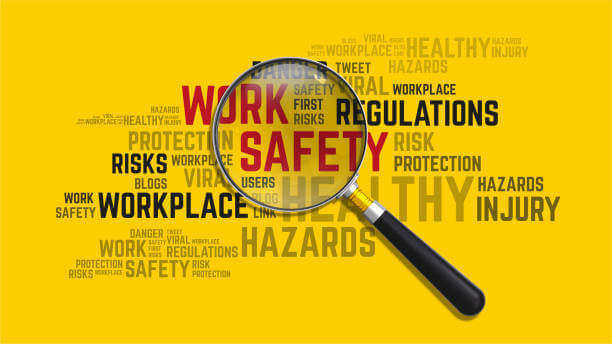Whakaari Sentencing: More than $10.21 Million in Reparations Ordered
Cases, Health and Safety / 21 March 2024

On 1 March 2024, the sentencing judgement in the Whakaari/White Island case was released revealing the biggest fines and reparation orders in New Zealand. In total more than $10.21 million was ordered in reparation payments and over $2 million in fines.
Overview
The sentencing followed the well-known eruption on 9 December 2019 of Whakaari in which 22 people lost their lives and 25 were injured, most seriously.
Whakaari is privately owned and has been owned by the Buttle family since 1936. In 2008, the Buttles established an ownership and management structure for Whakaari, with Whakaari Trustee Limited (WTL) becoming the legal owner, holding Whakaari on trust for the benefit of the wider Buttle family. WTL then leased the island to Whakaari Management Limited (WML), which managed the grants of access and issued licenses to tour operators. Under these license agreements WML generated approximately $1,000,000 per annum in revenue at the time of the eruption.
The Court commented that Whakaari is highly eruptive and has been for centuries stating that “eruptions are impossible to predict” and that “each defendant used an active volcano to make money”.
The Court went on to state that “assessing risk to tourists and employees caused by an eruption was blatantly fundamental”. None of the defendants had any expertise in the particular subject matter and should have engaged qualified people to complete risk assessments and advice as to each defendants’ obligations in relation to that risk. That failure affected everything else they did and exposed others to the risk of serious injury and death.
Other factors taken into account included an earlier eruption which should have made the parties pause and realize that they could not rely on whatever safety measures they understood to be in place.
The Court concluded that the risk of harm arising from these failures was significant and ever present. He said that “the realized risk was catastrophic”, “the hazard obvious” and “as a matter of common sense, all duty holders needed to be ready for anything”.
Sentencing
The following orders were made:
- WML was fined $1,045,000 and ordered to pay reparation of $4,880,000. WML claimed to have no assets available. It said it never had a bank account so never held any funds. Judge Thomas did not relieve WML from any of its reparation or fine obligations. He stated that there was nothing to stop the Buttles, as WMLs shareholders, from advancing the necessary funds to cover that obligation.
- White Island Tours Ltd was fined $517,00 and ordered to pay reparations of $5,000,000.
- Volcanic Air Safaris Ltd was fined 468,750 and ordered to pay reparations of $330,000. It had a license with WML granting it the exclusive right to transport tourists to Whakaari from the Rotorua area via helicopter. At the time of eruption, it had one pilot and four customers on the island.
- Aerius Ltd was fined $290,000. It had a license with WML granting it the exclusive right to transport tourists to Whakaari by helicopter from the Bay of Plenty region (excluding Whakatane). At the time of the eruption there were no Aerius employees or customers on the island and the company was in a weak financial position.
- Kahu (NZ) Ltd was fined $196,000. It had a license with WML granting it the exclusive right to transport tourists to Whakaari by helicopter from the Whakatane area. At the time of eruption there were no Kahu employees or customers on the island.
Message for Employers
This case sends a strong message that all parties involved with an activity should understand the hazards involved with that activity and take active steps to eliminate or manage them. All parties will be investigated by WorkSafe and their respective culpability assessed. Further, PCBU’s must engage experts and conduct comprehensive and targeted risk assessments. Finally, it is not enough for a PCBU to avoid prosecution simply by asserting it holds no assets. The Courts will likely require directors to put the company into funds.
If you are unsure as to your health and safety obligations, we can assist by giving detailed advice, and can also help in providing training to directors and senior leadership teams on what this means in your context.
Disclaimer: We remind you that while this article provides commentary on employment law, health and safety and immigration topics, it should not be used as a substitute for legal or professional advice for specific situations. Please seek legal advice from your lawyer for any questions specific to your workplace.